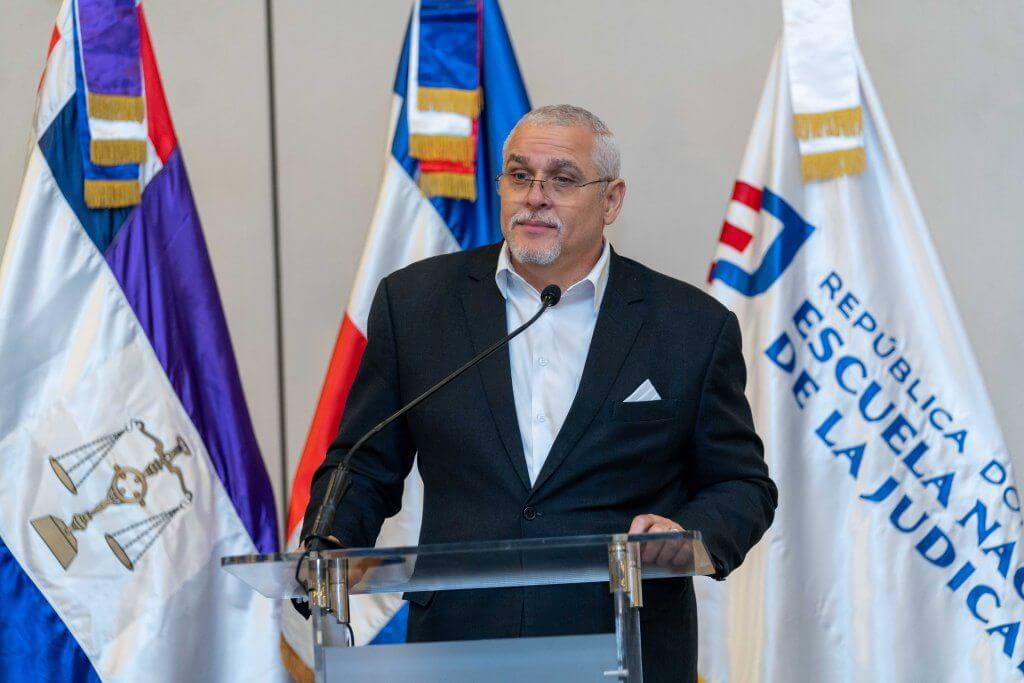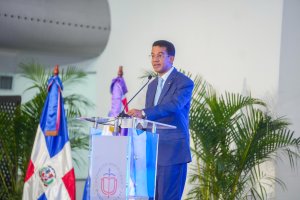The Dominican Judicial Branch socialized the Regulation of Non-Adversarial Dispute Resolution Mechanisms with members of the legal community and academia in order to enrich this instrument, which will be presented to the Plenary of the Supreme Court of Justice (SCJ) for its approval.
The words of welcome to the workshop for the socialization of the regulation were pronounced by Justice Samuel Arias Arzeno, judge of the First Chamber of the Supreme Court of Justice, who stated that this instrument, although it contributes to the decongestion of the courts, has as its fundamental objective to contribute to the pacification of the citizens who go to the courts.
"And logically create in the awareness in each of us that the Judiciary is not only to impose judicial decisions, but also, through the mechanisms of self-composition, we can achieve a better society," he explained.
Rosa Iris Linares, Director of Inclusive Justice of the Judiciary explained that the proposed Regulation has been built through an internal and external socialization process.
The Instrument is structured first with a glossary of terms, rights of the parties, duties of the lawyers, general aspects.
"Lawyers have a transcendental role, not only in the implementation of the regulation, once it is approved, but also in the construction of a culture of peace, in the peaceful resolution of conflicts," Linares explained.
He also indicated that lawyers are a fundamental part in the implementation of non-adversarial conflict resolution mechanisms, as they are responsible for presenting their clients with the possibility of not taking their cases to court and that there are other peaceful, autonomous and amicable ways of resolving controversies and reaching agreements.
The Regulation of Non-Adversarial Dispute Resolution Mechanisms will apply to the following matters: civil and commercial, criminal, real estate, labor, administrative and tax litigation.
The socialization workshop, organized by the Directorate of Inclusive Justice with the support of the National School of the Judiciary, was attended by judges, members of the Public Defense, prosecutors, representatives of the academy, personalities of the Community Houses of Justice, independent lawyers, representatives of the Conflict Center of the American Chamber of Commerce, Sections of the Bar Association of the Dominican Republic, personalities of ANJE, NGOs, among others.


















3 comentarios en «<strong>Poder Judicial socializa propuesta de Reglamento de Mecanismos no Adversariales de Resolución de Conflictos</strong> »
Excellent INITIATIVE. It would be an important step forward for the amicable solution of conflicts.
Very interesting! This project is very similar to the one that contains the voluntary jurisdiction, regarding the active role of the notary; if it materializes, it would decongest the system.
That would be very good, as a relief from the Courts.